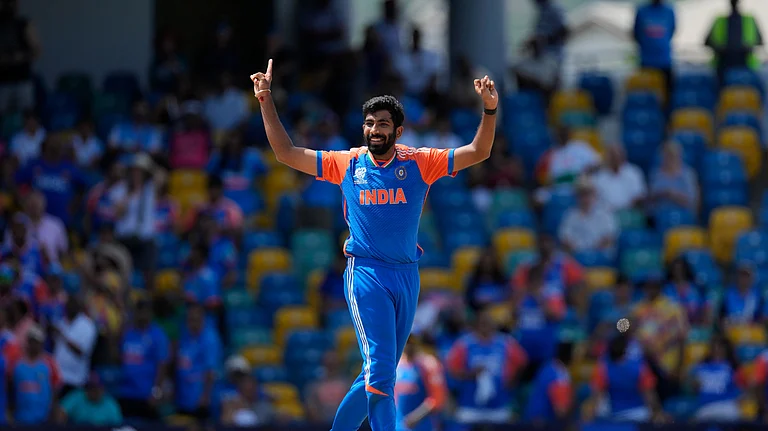Avillage in Bangladesh’s Faridpur district in the late 1960s. People dropping like flies in a cholera epidemic. The only relief: a Belgian Red Cross team which goes from door to door treating the afflicted.
Nothing was remarkable about this scene except the little figure acting as self-appointed local guide to the medical team: a 10-year-old boy who’d taken on the responsibility of ensuring that no cholera victim went unattended. Thirty years later, Sujit Kumar Brahmochary is still driven by the urge to reduce suffering in human lives. And this quest has crystallised into the Institute for Indian Mother and Child (IIMC), a network of services working towards bringing change in critical areas of social development in West Bengal’s South 24-Parganas district.
To combat the dysfunctional education and healthcare systems, high birth rates, large-scale illiteracy and shocking human rights record, the IIMC devised a multi-pronged programme to empower women and children through holistic healthcare, education and economic self-reliance. From a single centre, IIMC’s activities have spread geographically and now include developmental projects in two Sunderban villages. Over 5,000 persons use its medical facilities in a month and about a 1,000 children benefit directly from its educational activities.
Born into a poor but educated family, Brahmochary learnt early about struggle and also the liberating potential of education. Thus, even when his family moved to West Bengal and their economic status declined further, his academic pursuit didn’t waiver, resulting ultimately in admission to Calcutta Medical College. Throughout this time he had retained contact with the Belgian doctors he’d befriended as a child; and with their guidance he won a Red Cross scholarship for higher studies in Belgium. Here he specialised in paediatrics; but within five years Brahmochary was back in India, drawn by the force of his vision.
The IIMC began in 1989 in the Sonarpur area of South 24-Parganas in a cowshed converted into a clinic for providing free primary healthcare for the villagers. Brahmochary initially depended on his own savings, resources mobilised through European contacts and a start-up aid package from the Red Cross. He countered the lack of volunteerism among Calcutta’s medical community by inviting European medical students to do short-term work at the clinic as part of their Tropical Medicine studies. The IIMC was assured of a continuous flow of volunteers to treat the huge patient volumes; students gained valuable experience and academic credit.
His aim being development, not charity, Brahmochary then moved on to providing education. In ‘93, he launched IIMC’s education programme by sponsoring 15 poor students at the local school. "If even 15 families could benefit, it was a beginning," says Brahmochary. Yet again, he demonstrated his talent at creative fund-raising, writing to 15 Belgian friends asking for monthly contributions equivalent to the cost of four cups of tea in their country! Today IIMC sponsors about 600 students.
Brahmochary’s wife Barnali manages the educational programme, and the activities have expanded to six new schools, literacy classes for mothers and regular workshops and counselling sessions for women. To aid their economic empowerment, the IIMC initiates vocational training and income-generating schemes and operates a micro-credit programme for banking facilities.
Funding is predominantly from foreign sources, both private and institutional. Progress in their efforts is slow, but a single belief fuels the IIMC team: "Women and children are the agents of change in any community; if these disenfranchised groups can be empowered today, they will usher in a brighter tomorrow." Contact: IIMC, 14-B N.N. Ghosh Lane, Calcutta; Phone: 4717577 or Project Office: Ph: 4342353, email: iimccal@cal.VSNL.net.in.
























